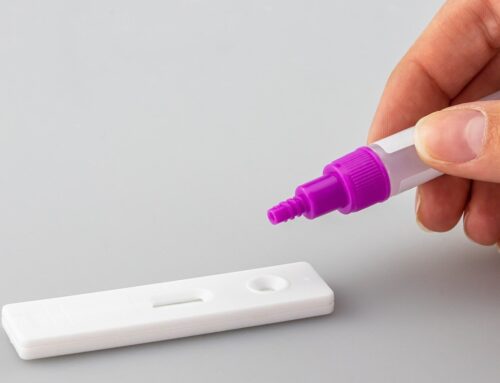Be well prepared and maximize the effectiveness of your medical appointments.
Before Your Appointment
- Write your list of questions BEFORE your appointment and try to limit them to the 3 most important questions.
- Bring a current medication and supplements list, including dosage size in mg., how many times daily you take it, date started, relationship to meals or at bedtime if relevant.
- Also include medication allergies or side effects with date(s) and details of reaction, preferably typed. If this is not possible, bring all medication bottles because it is easier to read names and dosages on the medicine bottle than people’s handwriting. The medicine bottles also provide the phone number of the pharmacy.
- Obviously, include your most important symptoms, changes to medications such as new antibiotics that may be necessary since your last visit, significant events that happened since the last visit such as, pneumonia, hospitalizations, any new procedures (surgical and otherwise) and their dates.
- Bring a list of new doctors and other treating physician information including first and last names, addresses with phone and fax so that a report may be sent.
Often it is helpful if a family member, friend, caregiver, patient advocate accompanies you to the appointment to jot down notes or to provide extra listening. Sometimes it is difficult to comprehend all medical information provided by your physician.
At the Appointment
- Find out how much time you will have with your doctor. This way, the patient and doctor alike can plan their time wisely.
- Give details of the specific symptoms and illness for which you came for this consultation.
- Submit your list of questions to your physician at beginning of the appointment. The physician is then able to take control of the appointment keeping in mind the goals of the patient. The meeting should revolve around patient concerns that she/he needs answered before leaving the office.
- If you don’t understand something (medical lingo), ask for clarification. So many patients don’t want to feel stupid. Doctors sometimes forget they are speaking in “technicalities”.
- Provide the phone number in writing of any relative/friend you wish the doctor to call at a later time. HIPPA laws require patient approval since all personal medical information is confidential unless permission is given by the patient to release information.
- Ask about future appointment – date/time.
After Your Consultation
If possible, schedule your next appointment prior to your leaving the office. Ask or remind support personnel to provide equipment or arrange for delivery prior to your leaving the office The doctor should provide special instructions prior to next appointment such as sputum cups, etc.
Between Appointments
Prepare a list of questions in between visits. If you need answers between visits write everything down before calling the office.
Physician time is important. The doctor needs to stay on schedule for the benefit of all patients.
Six Warning Signs That You May Need A New Doctor
AARP Magazine, Aug.-Sept., 2013
Keep in mind that your doctor should be treating you with your best interests in mind. If you feel this is not the case, you have the ability and responsibility to see another doctor. In many cases, your present physician may lack an in depth knowledge of NTM, so it is up to you to be proactive if you are dissatisfied with your care (not getting the attention you deserve, health not improving, etc.).
So how do you know if your doctor isn’t “the one”? Your gut is often your best guide, experts say. But here are a few warning signs that you might need to give your doctor the boot, courtesy of geriatrician James Pacala, M.D., of the University of Minnesota.
Be wary of a physician who:
- Dismisses every complaint, blaming age.
- Insists that nothing can be done. There is always something to try.
- Spends too little time with you, or interrupts you frequently, especially if you’re a patient with complex, multiple issues.
- Writes a prescription with minimum discussion.
- Recommends treatments without considering your lifestyle.
- Prescribes a variety of medications and procedures, or keeps referring you to more specialists without any improvement.
Compiled by Debbie Breslawsky, September, 2013









